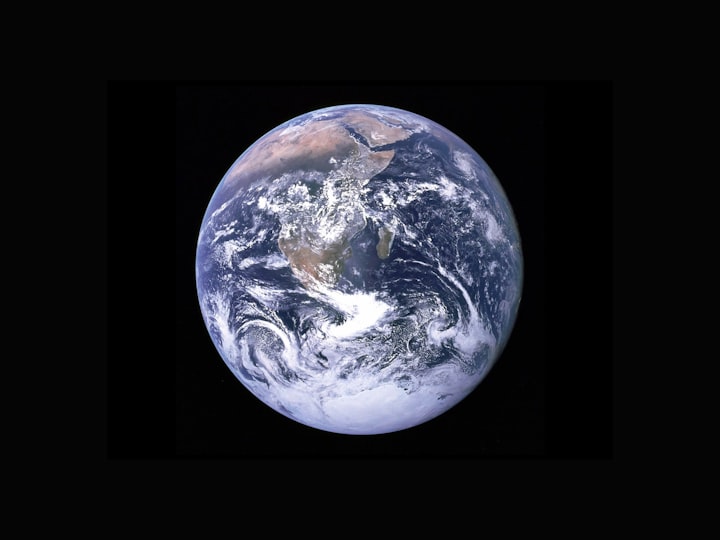Engage, Connect, Protect: Empowering Diverse Youth As Environmental Leaders—July's Eco Book Club pick
PoC belong in Nature

Welcome to my eco book club, where we discuss one book and focus on one mini-goal per month. The goal is to learn and encourage optimism instead of letting eco-anxiety take over.
Book of the month: Engage, Connect, Protect: Empowering Diverse Youth as Environmental Leaders
Goal: to encourage BIPOC to engage with nature more and for white people to support this goal by donating to local BIPOC run environmental organisations and protect BIPOC who engage with nature
At some point, conservation became a white field, which is odd because the original conservationists were all indigenous people and PoC fighting to keep their land from colonisers.
I was lucky to grow up in China where I was able to see people who looked like me engage with wilderness in a way I didn’t realise many PoC in the west don’t get to. It wasn't ideal—I frequently still felt like a second class citizen in my own country, especially for more technical activities like ziplining or rock climbing, but I was still a made to feel like I was allowed to be in nature. As such, I didn’t realise how unwelcome BIPOC are made to feel in natural spaces.
I also didn’t realise that beyond karens, there’s a trauma in wilderness—the proximity to slavery, the fear of attack, and the lack of support that makes the wilderness inaccessible to so many Black and Indigenous people.
All of this is further compounded by the fact BIPOC are the most prone to climate change. BIPOC, especially Black and Brown people, in the US and UK are more likely to live in highly polluted areas. Indigenous people frequently have to protest oil pipelines from coming too close to their water sources. And globally, the global south will face the most pressure due to climate change, on top of the existing catastrophes they are already facing. With an increasing conversation focusing on the use of green (& blue) space as a mental health booster, it becomes more insidious to keep BIPOC away from their right to nature. Without their access to nature, we are inherently saying that BIPOC's mental health doesn't matter and their fight for a better future for themselves and their successors is irrelevant.
Ezeilo writes a book that expertly breaks down the problem and provides a solution. To give Black youth a voice, we have to get them into these careers. Coupled with her programme Greening Youth Foundation, she’s created an incredible resource to help Black youth find careers in the environmental sector. GYF helps advertise positions and place Black youths in internships, a win-win solution as environmental management is contains an ageing population and diversity in environmental management leads to land that is managed for all people, not just white people. Beyond being a memoir of an amazing woman, it also contains so many resources including BIPOC-led enviro orgs in every state (feel free to comment your state & I’ll name them).
I want to take this a step further—BIPOC already hold important roles in environmental management. For example, Californian inmates are crucial to fighting wildfires, yet these predominantly Black & Brown firefighters are unable to get work once they leave jail. Everyone is at a disadvantage if trained firefighters are rejected. We need brave firefighters and ex-inmates need jobs to re-adjust to society. As always, climate justice requires social justice.
In February, we talked about how women need to be at the environmental table to help design a sustainable future that supports their needs. In the same vein, BIPOC need to be at the table to ensure a sustainable future for our needs. Without understanding why BIPOC are unable or unwilling to enter natural spaces, we create a dangerous narrative that they 'just don't want to'. And yet, with Ezeilo's organisation and leadership, we're starting to change the landscape of who works in environmental management.
This month, I want BIPOC to remember that your body’s existence in nature is a protest in itself. There is not much to be said. Not all change has to be massive and revolutionary, but claiming your right to nature is one snowflake that can and will lead to an avalanche. For others, do your part to keep BIPOC safe in natural spaces & donate money to BIPOC environmental orgs.
I hope you learnt something from this discussion and join me in next month's discussion! You can find last month's book club pick here. Next month, we will be reading and discussing Green and Prosperous Land, a discussion on regeneration.
If you like my work please consider following me here or on Instagram. You can also support me by purchasing your book club books from my Bookshop.org link.
About the Creator
Melissa in the Blue
hold my hand and we can jump straight into the cold unloving sea






Comments (1)
Very informative. and well presented. Great job.